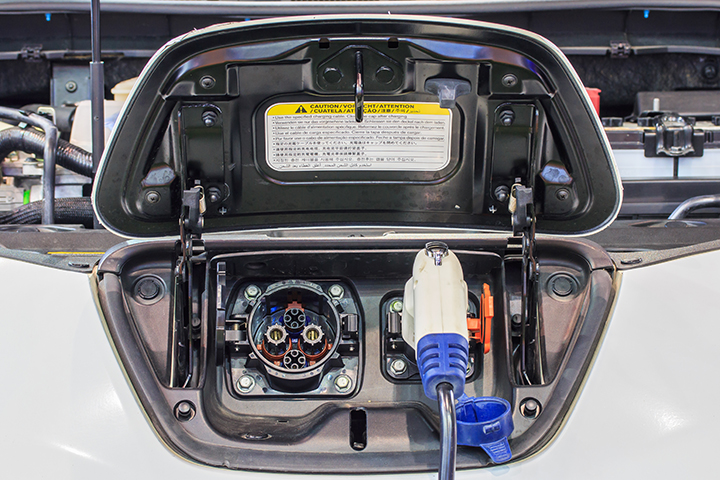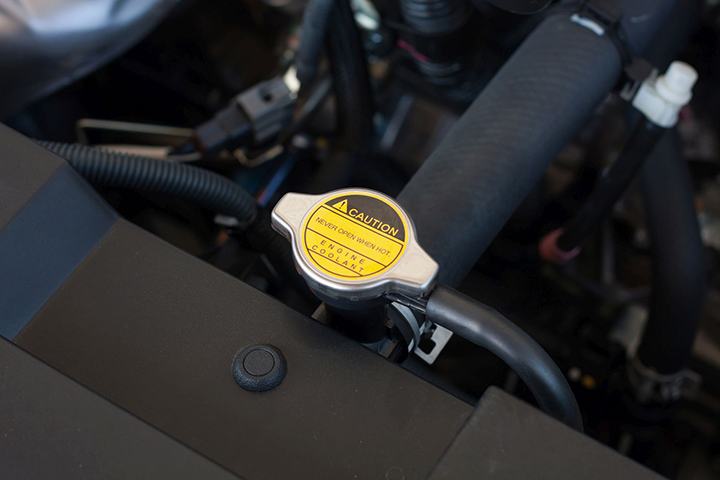Long-life labels
Long-life labels are an excellent choice for labelling automotive components and parts. Compared to other materials, they are characterised by the highest resistance to environmental conditions, temperature, and chemicals – which can last up to 12 years. This durability allows them to be applied as e.g. rating plates on an engine compartment, windscreen markings or information labels on fuel fill inlets and body pillars.
The automotive industry needs labels that are not only durable, but also suitable for use on heavily soiled surfaces. This requires labels that can be applied to porous or oily areas without any hassle.
These labels are usually produced from polyester or vinyl in combination with hybrid adhesives that do not flow beyond the label surface. Depending on the material chosen, they have specific properties.
Features of polyester (PET) long-life labels:
- They demonstrate resistance to changing weather conditions and chemicals.
- They are resilient to mechanical damage.
- They can be used both inside and outside the vehicle.
- They retain their properties in a temperature range of -40 to +150 degrees Celsius (in the case of stabilised polyester, the upper limit increases to +220 degrees Celsius).
- In the automotive industry, they are used for labelling car components.
Long-life vinyl (PVC) labels:
- As they can be used even in extreme conditions, they are recognised as labels for special purposes.
- They are characterised by excellent flexibility and outstanding adhesion to the surface, regardless of whether it is porous or curved.
- They are resistant to changing weather conditions and UV radiation (thanks to special laminates applied to the label), which is especially important for labelling parts outside the vehicle exposed to strong sunlight.
- They withstand oils, solvents, weak acids, petrol and cleaning detergents of all types.
- They tolerate temperatures ranging from -48 to +92 degrees Celsius.
- They are not electrically conductive.





